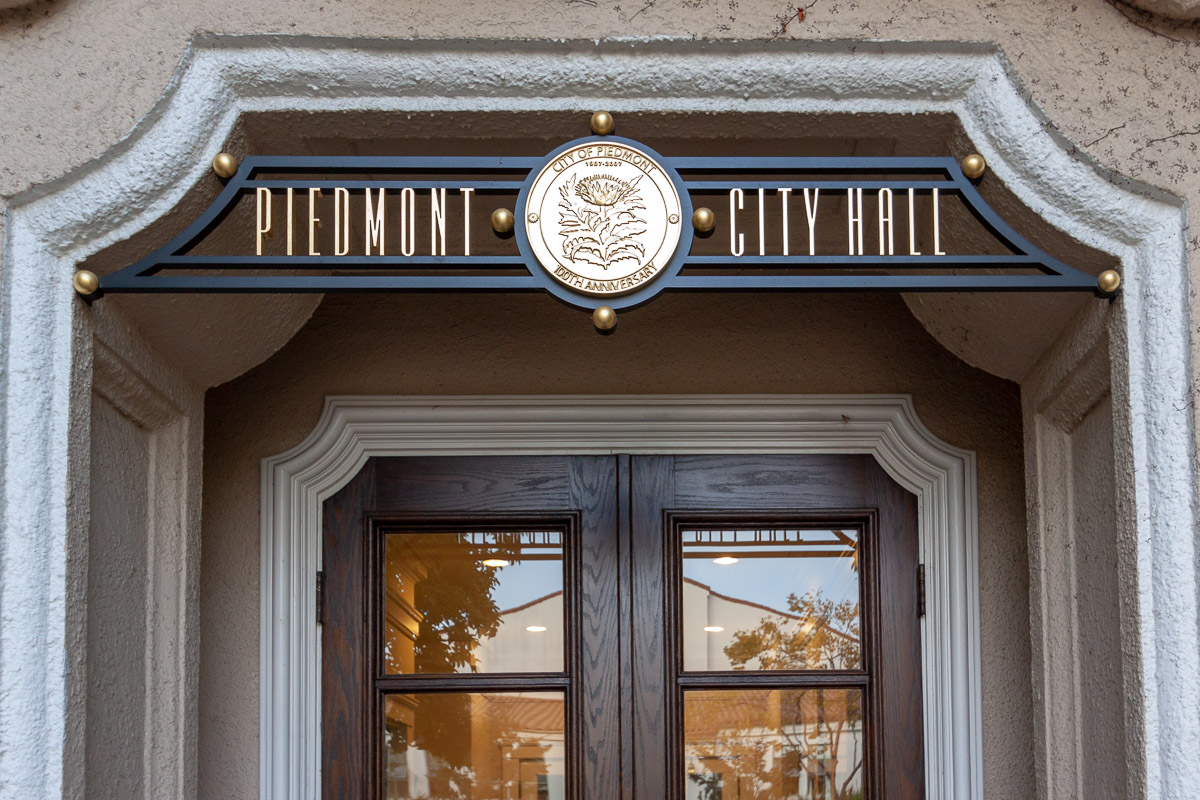With little discussion, the City Council approved a formal 2023-2024 $38.33 million operating budget and related budgets and tax agreements, ending an annual weeks-long series of public workshops and hearings.
Tuesday night marked the second public hearing on the 2023-24 budget, with the primary significant change being the addition of one police department dispatcher position, funded for its first year using state Citizens Option for Public Safety (COPS) Program funding. Plans are to hire for that position by Sept. 1. The total added cost of that position, including salary, benefits, retirement, and taxes, is about $126,000.
There was much more discussion by the City Council around this budget at its previous meeting on June 5, when the council directed city staff to start researching ways to increase revenue, save money and secure other funding for long-term renovation and/or replacement of various aging city buildings and infrastructure.
Other efforts sought by the council include determining local voter support for a parcel tax, and perhaps an increase in the city’s real property transfer tax, to generate some of that money. The parcel tax was discussed as an election ballot item as soon as March 2024.
The finalized 2023-24 city budget, including the slight revision for the new dispatcher position, calls for a 6.4% increase in General Fund revenues from the previous year, up from $35,651,366 to $37,928,132. The budget anticipates a 1% drop in property-related tax revenue — by far the largest chunk of the city’s General Fund — increases in most other areas more than make up for that tax-related shortfall.
The drop in property-related tax revenue is largely tied to lower anticipated real property transfer tax income, 1.3% of the amount of any given home or property sale. City Finance Director Michael Szczech said Piedmont home sales have dropped significantly since 2021, a reflection of rising interest rates and high inflation that have weakened the area real estate market. In Piedmont, where property-related tax revenue makes up 68% of the city’s General Fund, deviations in home sales have an oversized effect. As a result, Piedmont is budgeting $3.4 million in transfer tax income for 2023-24 — significantly less than in past years.
In closely related actions, the council Tuesday night also approved the city’s 2023-2024 “Other Funds” budget, the 2023-2024 schedule of city fees and charges, and the levies of both the 2023-2024 Municipal Services Special Tax and Special Municipal Sewer Tax.
Priority Development Area program
Also on Tuesday night, the City Council approved taking part in a program that could make them eligible for highly competitive grant funding one day, applying for an Association of Bay Area Governments and Metropolitan Transportation Commission program by nominating two small parts of Piedmont — the Moraga Canyon Specific Plan Area and a section of Grand and Linda Avenues on the city’s south end — as “priority development areas” (PDAs), and nominating the Moraga Canyon Specific Plan Area as a “priority site.”
Cities may seek PDA status for areas for future housing growth that are near transit or within “high resource areas” that offer abundant amenities. Housing growth in such areas would be consistent with regional development goals. Gopika Nair, a Piedmont associate planner, contends that both of those areas of Piedmont qualify as PDAs. The Grand Avenue/Linda Avenue sector is envisioned as a mixed multi-family residential/commercial zone as part of future city planning.
Priority sites are different, envisioned as places where a significant number of homes for a wide range of incomes as well as essential services, green space and local and regional destinations. Nair said the Moraga Canyon Specific Plan Area, where 132 homes are planned for the future, could be considered a priority site.
These are just nominations, city officials stress, and don’t signal any development plans. Even if these sites earn those designations and become eligible to pursue state grants, Nair said, that process is highly competitive.
Councilman Tom Ramsey said there was no reason not to pursue the designations, and the grants they could help bring. The city is doing the needed planning anyway as part of its work to update its Housing Element, the living document that will inform and guide how Piedmont will plan to accommodate housing growth in Piedmont over the next eight years.
“We’re just queuing up for potential access to funds,” he said. “This is a pot of money that might be accessible to fund ‘unfunded mandates,’” in reference to the money Piedmont (and other California cities) are forced to spend to do the legally required Housing Element work that has, so far, cost the city nearly a million dollars.
Contact Sam Richards at sam.richards4344@gmail.com
